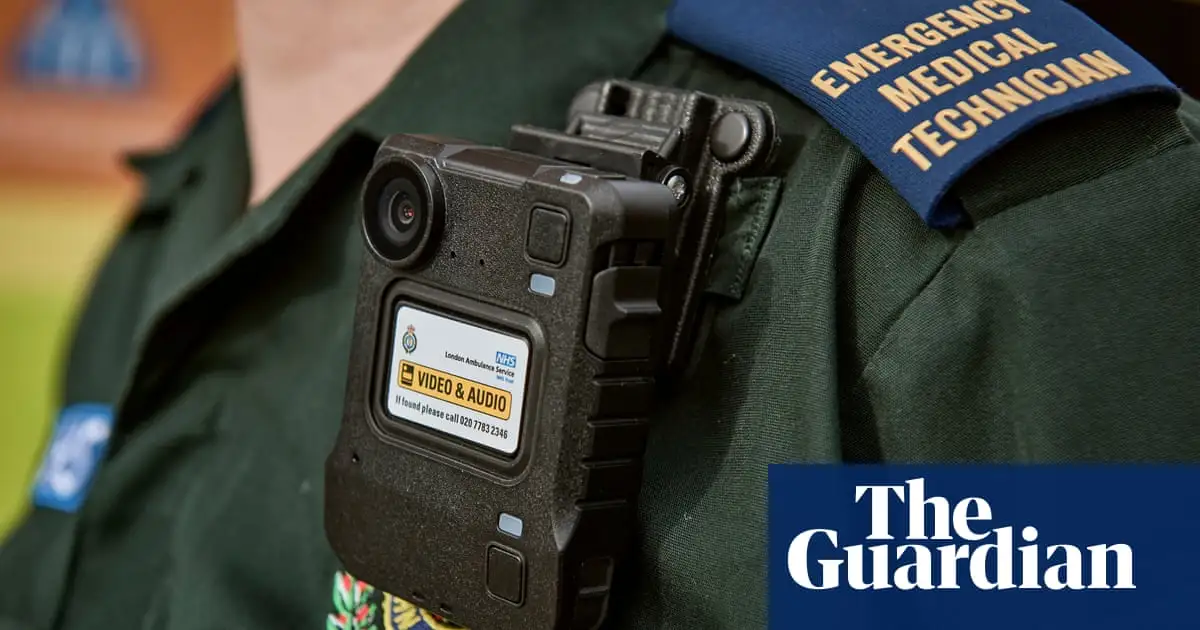Article is misleading as fuck. A third of life or death 999 ambulance calls are not attended by a paramedic… they’re attended by a doctor, who has significantly more training than a paramedic.
Can’t make this shit up. The NHS is under-funded as fuck and the Guardian is complaining about the one thing that isn’t a problem
The article states that some of the calls not attended by paramedics may be attended by an EMT.
So, the complete opposite of your comment.
Keep reading the article. What happens towards the end may surprise you!
So one spokesperson who is paid to male the NHS look good in front of the media claims that “some” incidents were responded to by a doctor. That some could be just the one.
Where there are multiple sources in the article claiming statistics of the number of incidents that do not have a paramedic on site, just EMTs.
Yeah, not buying your “mountain out of a molehill” argument.
My baby stopped breathing, and then was struggling to breathe when she was 6 months old. Called 111 and asked what to do, they told me towait for an ambulance. After an hour and a half I called 111 for the third time to be told to just start driving to the hospital as they didn’t have anyone to send out. Went to the hospital, and they took 6 hours to see her. 😑 luckily all was ok by that point and she was fast asleep, but it really opened my eyes to what a shit show things were if something worse had happened.
I feel this article. My friend had missed chemo and his nurse was on my doorstep telling me to call an ambulance. Even though she was telling me he needed one, they refused to send one.
not doubting you or anything, but can you elaborate on why it was neccessary that they had chemo right then and this wasnt just them oversleeping or forgetting and moving it?
My friend had reacted very badly to chemo, and the nurse was worried about him once she came in to see him.
This is the best summary I could come up with:
The disclosure has prompted fears that seriously unwell or badly injured patients may receive inadequate care from a less-qualified member of ambulance staff lacking a paramedic’s skills.
Daisy Cooper, the Liberal Democrat health spokesperson, said: “When you call 999 in a life-or-death situation you expect a rapid response from a fully qualified paramedic, so many people will be shocked to learn that this isn’t always the case.
Louise Ansari, Healthwatch’s chief executive, said: “These figures are likely to be of concern for patients, especially as they show a ‘postcode lottery’ when it comes to the level of fully trained paramedics attending category 1 and 2 calls.”
“AACE has no particular patient safety concerns around this data and our committed, mixed crews attend thousands of incidents every day, saving many lives, with the support of paramedics and specialists always available,” he said.
An NHS spokesperson said: “This misleading story fails to account for the fact that while most ambulance call outs will be attended by a fully qualified paramedic, there will be occasions where other dedicated healthcare professionals such as a doctor will arrive instead, so a patient can be promptly treated at the scene – this happens in health systems around the world.
“Thanks to hardworking staff, waiting times for ambulances has reduced for three consecutive months and are now 10 minutes quicker than a year ago, even as the NHS faced record levels of demand over summer.”
The original article contains 1,109 words, the summary contains 238 words. Saved 79%. I’m a bot and I’m open source!


